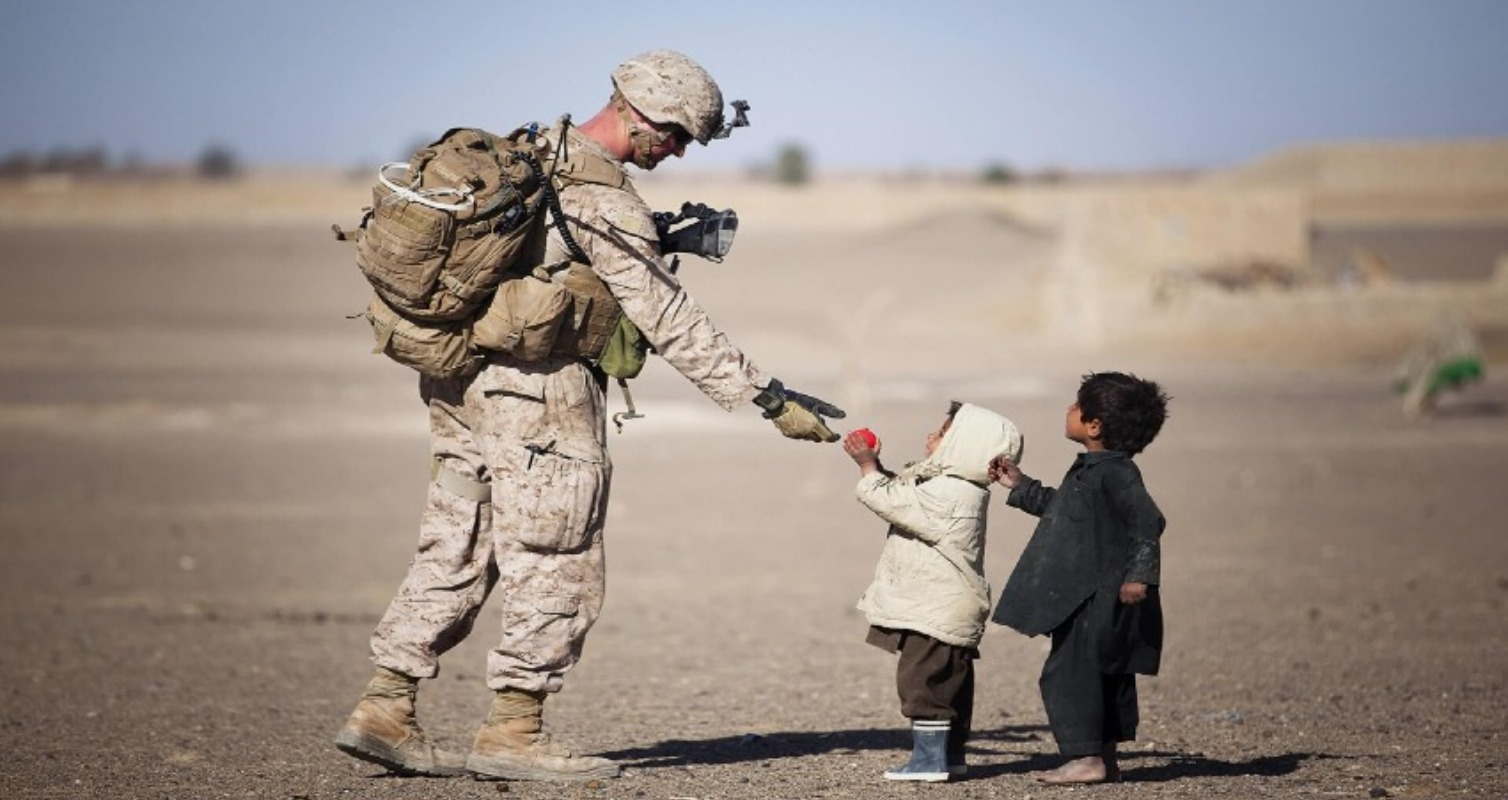SINGAPORE – Full-time national servicemen who need army supplies can now turn to a vending machine. It supplies items like zip lock bags, batteries, powder, socks, insect repellant, singlets and shorts.

In Singapore, national service, including army service, is a significant part of the country’s defense and security framework. Here’s an overview of what typically entails:
National Service (NS)
- Compulsory for Males: National Service in Singapore is mandatory for all male citizens and second-generation permanent residents who have reached the age of 18. Females are not required to serve but can volunteer for positions within the military.
Duration and Phases
- Basic Military Training (BMT): The journey begins with Basic Military Training, which lasts approximately 9 weeks (though this can vary). During BMT, enlistees undergo physical conditioning, learn basic military skills, and understand the values and ethos of the Singapore Armed Forces (SAF).
- Service Period: After completing BMT, individuals will serve their respective roles within the military, typically lasting for 2 years. However, the total commitment period, including reservist obligations, spans well beyond these initial 2 years.
Types of Roles
Enlistees may be assigned various roles based on their aptitude, fitness level, and the needs of the SAF. These include combat, combat support, and command, control, communications, computers, and intelligence (C4I) roles.
Reservist Obligations
After completing their full-time national service (NSF), soldiers become operationally ready national servicemen (NSmen) and continue to serve in the reserve forces. This includes attending annual training cycles and being available for recall in times of national need.
Significance
National service plays a crucial role in Singapore’s strategy for ensuring its security and sovereignty. It fosters a sense of national identity, unity, and responsibility among its citizens. Moreover, it helps maintain a capable and credible deterrence against potential threats.
The system has evolved over time to meet changing security challenges while balancing the needs of individuals and society. Continuous improvements are made to ensure that NS remains relevant and beneficial for both the individual and the nation.
